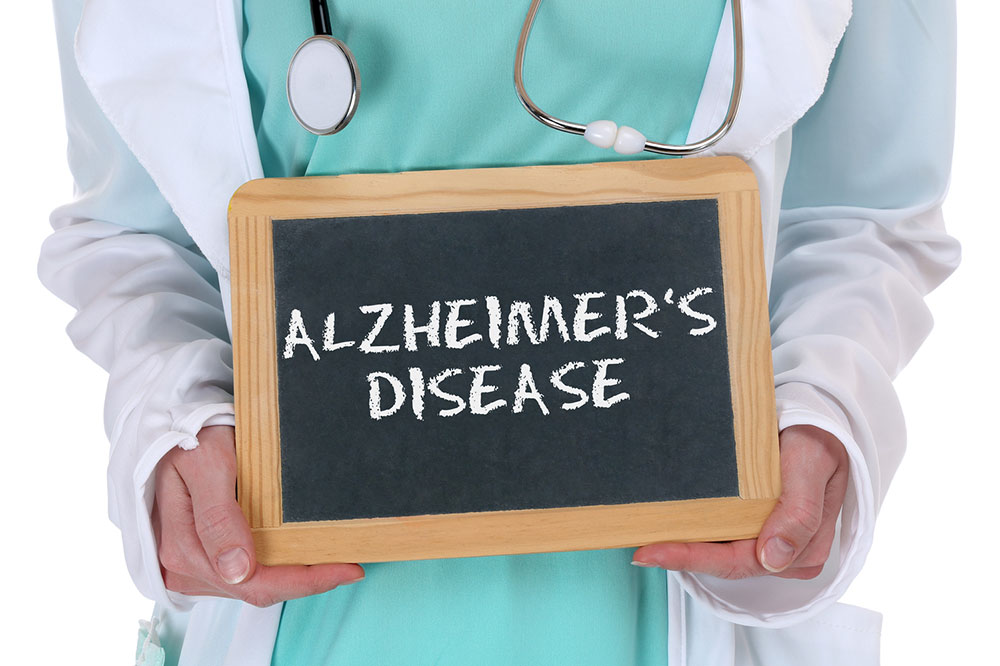Comprehensive Guide to Managing and Caring for Alzheimer’s Disease Patients
This comprehensive guide offers in-depth insights into Alzheimer’s disease management, emphasizing early detection, symptom recognition, causes, risk factors, and effective caregiving strategies. Designed for healthcare professionals and caregivers, it highlights approaches to slow disease progression, maintain independence, and enhance the quality of life for patients. Understanding Alzheimer’s is crucial for delivering compassionate, effective support and preparing for future advances in treatment, making this a valuable resource in neurological and geriatric care.

Essential Strategies for Effective Alzheimer’s Disease Patient Care
Alzheimer’s disease stands as the most common form of dementia, profoundly affecting memory, cognitive functions, and behavioral patterns. As a progressive neurodegenerative disorder, its symptoms tend to worsen over time, leading to significant challenges for patients and their caregivers. Understanding the complexities of Alzheimer’s disease is crucial for providing effective care that enhances patient quality of life. While it predominantly affects older adults, Alzheimer’s isn’t an inevitable aspect of aging, making early detection and management particularly important.
Currently, there is no cure for Alzheimer’s disease. Nevertheless, medical treatments and supportive strategies aim to slow disease progression, manage symptoms, and ensure that patients maintain as much independence as possible for as long as possible. This comprehensive guide explores key considerations, symptom recognition, causes, risk factors, and effective management strategies for Alzheimer’s patients.
Recognizing the Symptoms
Alzheimer’s disease progresses through multiple stages, starting with mild symptoms that may last for two to four years before advancing to moderate and severe phases. Early detection of these symptoms is vital for initiating appropriate care strategies. Typical initial signs include:
Persistent memory loss—forgetting recent conversations, appointments, and events.
Lack of motivation and decreased energy levels, leading to withdrawal from social activities.
Reduced interest in daily routines such as cooking, cleaning, or hobbies.
Difficulty articulating thoughts or using everyday objects effectively.
Fluctuations in mood, including signs of depression, confusion, and irritability.
Challenges with spatial awareness, making it difficult to navigate familiar environments.
Progressive impairment in swallowing, bladder control, and other basic functions as the disease advances. In later stages, behavioral issues such as delusions, hallucinations, or agitation may become prominent, and patients often lose the ability to care for themselves independently.
Understanding the Causes
The precise origins of Alzheimer’s remain elusive. However, scientific research indicates that a combination of genetic, environmental, and lifestyle factors contributes to its development. Key pathological changes include the accumulation of amyloid-beta plaques and neurofibrillary tangles within the brain, leading to neuron death and disruptions in neural communication. These changes impair memory, reasoning, and other cognitive functions, initially presenting as forgetfulness and confusion, and eventually culminating in total dependence on caregivers in advanced stages.
Identifying Risk Factors
Awareness of the primary risk factors is essential for early intervention and potential delay of disease onset. Although age is the most significant risk factor, it is not a direct cause. Other key factors include:
Age: The likelihood of developing Alzheimer’s increases significantly as individuals grow older, especially after age 65.
Family History: Having relatives diagnosed with Alzheimer’s or other dementias increases personal risk.
Genetics: Specific gene mutations, such as those in the APOE gene, are associated with higher susceptibility.
Lifestyle and Environmental Factors: Lifestyle choices, such as diet, physical activity, and exposure to toxins, may influence risk levels, although their roles are still under study.
Managing Alzheimer’s disease requires a multidisciplinary approach that emphasizes early recognition, supportive care, and lifestyle modifications. Interdisciplinary teams comprising neurologists, psychiatrists, nurses, and social workers collaborate to develop personalized care plans that aim to prolong independence and improve the quality of life for patients. Practical caregiving strategies include structured routines, environmental modifications to ensure safety, cognitive therapies, and emotional support to both patients and their families.
In conclusion, understanding the key aspects of Alzheimer’s disease—its symptoms, causes, risk factors, and management strategies—is vital for caregivers and healthcare professionals. While the absence of a cure presents ongoing challenges, early diagnosis, comprehensive care, and supportive interventions can significantly impact disease trajectory and patient well-being. Continued research into the underlying mechanisms promises hope for future treatments and potential cures, emphasizing the importance of awareness and proactive management in Alzheimer’s care.





